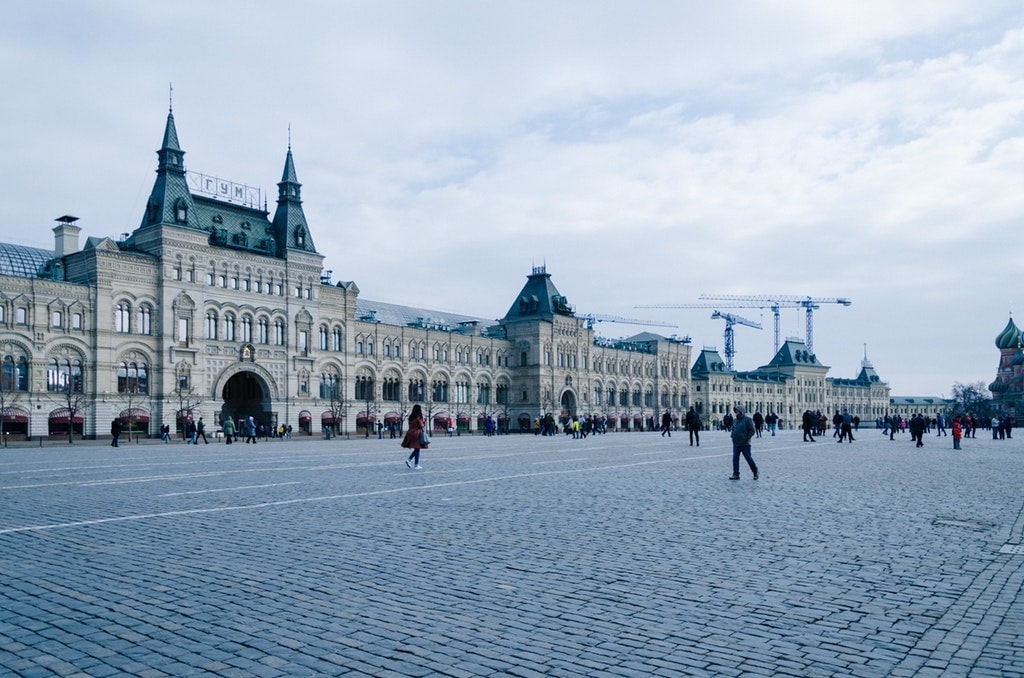ZIMSEC Advanced Level Business Studies/ Business Enterprise Skills Notes: Economic Philosophies: Socialism Demerits and Merits
- During our discussion of Socialism
- We examined its features and aims
- These features give socialism its advantages and disadvantages
Advantages of socialism
- It strives to create an equal and egalitarian society
- There is an equal distribution of wealth
- Unemployment levels are very low since the government/leaders of society ensure everyone has a job to do
- Equal levels of pay or something as close to equality as possible
- Essential goods and services are provided to those who need them
- These are provided at fair prices that people in the society can afford
- Production is based on need rather than greed and ability to pay this means resources are not wasted on non-essentials like ice sculptures
- Balanced distribution throughout the country unlike with capitalism where economic hubs get all the benefits
- Better chances of economic stability as economic cycles of boom and depression that characterises capitalism can be avoided
- Ecological preservation can be carried out unlike with capitalism where the focus is on consumption which can lead to deforestation and pollution without cleaning up
- There is social welfare to take care of the vulnerable, poor, children and elderly
- There is no wastage of resources for example through duplication of effort
Disadvantages of socialism
- Without the profit motive, a lot of things can go wrong, including the fact that there is no real incentive to motivate
- Equal pay means that there is no real incentive for people to choose difficult careers that might delay them earning a wage for example medicine
- The greatest flaw of socialism is that it relies on the goodwill of those in power/government, such goodwill is not guaranteed in fact
- Socialist system inevitably results in corruption and red tape (bureaucracy)
- Favouritism and corruption often means that an equal society (egality) is really never achieved as the rich amass great wealth and power at the expense of the greater society
- Citizens’ choices are limited to what the state produces, for example, there is often just one telephone company in socialist countries
- Administered prices are often not the most efficient when compared to those set by supply and demand
- Creates state monopolies that are often large, take too long to respond to changes in demand and produce low-quality goods and services
- Lack of economic freedom as people are not allowed to freely enter into an enterprise which is seen as the preserve of the state
- Centrally planning everything is complex and in large countries such as China impossible
To access more topics go to the Advanced Level Business Studies/ Business Enterprise Skills page





